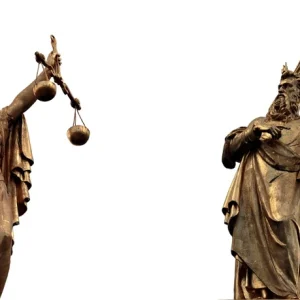The Relationship Between Law, Society, and Mental Health in Michel Foucault’s “Madness and Civilization” (Audio Course)
$10.00
Audio course, 12 min., pdf file with link to Google Drive for download of mp3.
Description
Michel Foucault’s Madness and Civilization: A History of Insanity in the Age of Reason (1961) is a profound exploration of how society has historically treated mental illness, particularly focusing on the shift from medieval to modern times. Foucault, a French philosopher and social theorist, examines the changing attitudes towards madness, drawing attention to how social, cultural, and legal systems have shaped the concept of “insanity.” He argues that what we consider to be “madness” is not a purely medical or psychological condition, but a social construct that is closely linked to power, control, and institutionalization.
Foucault’s analysis is crucial for law students because it sheds light on the relationship between law, society, and mental health, and how legal systems have historically defined and responded to insanity. This article will simplify Foucault’s key arguments and contextualize them in a way that is relevant to law students.
In Madness and Civilization, Foucault traces the history of how “madness” was perceived and treated from the Renaissance period to the modern age. He describes a shift from a more inclusive, albeit sometimes harsh, understanding of mental illness to a more exclusive, institutionalized model.





